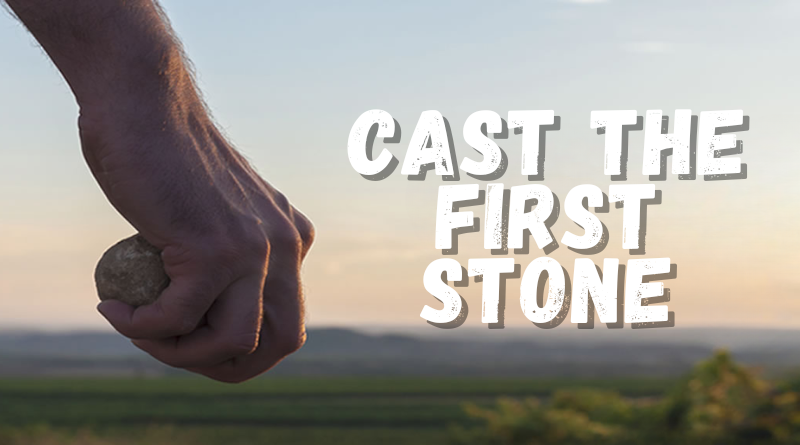What do Jesus mean when he said “”Judge not, that you be not judged” in Matthew 7:1? Can we really not judge?
Jesus’s teaching to “Judge not, that you be not judged” is a call to avoid rash, condemnatory judgment, not a prohibition of all discernment [^3]. The Catholic understanding of this teaching emphasizes the importance of avoiding judgmental attitudes while recognizing the necessity of discernment in moral matters [^4].
Rash judgment occurs when we condemn another despite unclear evidence, imagining evil intentions where they may not exist [^1]. St. Francis de Sales explains that if an action is indifferent, it is a rash suspicion to imagine that it means evil without strong evidence [^1].
Jesus highlights the hypocrisy of focusing on the faults of others while ignoring our own: “Why do you see the speck that is in your brother’s eye, but do not notice the log that is in your own eye?” (Luke 6:41) [^6]. We are often tempted to condemn the faults and sins of others, without seeing our own with the same clarity [^4]. The same message when he told the the teachers of the law and the Pharisees when they brought an adulterous woman to him “Let him who is without sin among you cast the first stone” – John 8:1-10
We should avoid judging the intentions behind someone’s actions when we are uncertain of their motives [^3].
Sound discernment is a gift from the Lord that should be sought with unceasing prayer [^4]. While we should avoid judging a person’s heart, we can and sometimes must judge actions to protect ourselves and others. Those responsible for others in family or public life have a duty to watch over the conduct of their fellows, fulfilling this duty lovingly and within the bounds of their responsibility [^1].
In pastoral ministry, it’s sometimes necessary to evaluate a person’s behavior in its totality to form an adequate judgment in concrete cases [^9].
How to Judge Righteously
We should always judge our neighbor as charitably as possible, accepting the best interpretation of their actions [^1]. True discipleship involves humility, patience, the ability to listen, and an effort to understand others [^4]. Jesus said, “Each tree is known by its own fruit” (Luke 6:44) [^4]. We can discern the quality of a person’s actions by observing their consequences.
Vigilance is a fundamental attitude that must guide the entire process of discernment, lest the enemy take advantage of our distraction and bring our good efforts to nought [^2].
In conclusion, Jesus’s teaching on judging others calls us to avoid harsh, uncharitable, and presumptuous judgments. However, it does not forbid the use of reason and discernment in evaluating actions and making prudent decisions. Rather, it encourages us to focus on our own imperfections and to approach others with compassion and understanding [^8].
[^1] On the Sermon on the Mount, Book II Chapter 18. 61
[^2] 25 February 2001: Pastoral visit to the Roman Parish of the Nativity of Mary – Homily
[^3] Introduction to the Devout Life Part III, Chapter XXVIII
[^4] General Audience of 16 November 2016: 36. Bearing wrongs patiently
[^5] Persona Humana null
[^6] General Audience of 14 December 2022 – Catechesis on Discernment. 12. The Vigilance
[^7] Declaration Fiducia Supplicans On the Pastoral Meaning of Blessings (18 December 2023) II. 13
More references
